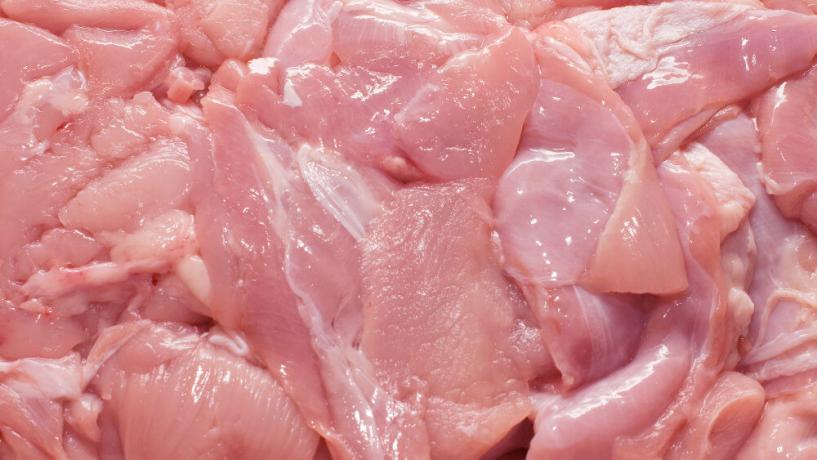
An Israeli non-profit organisation called the Modern Agricultural Foundation is looking at the feasibility of mass-produced cultured chicken meat.
Their goal is to make lab-grown meat available as soon as possible to offset the environmental and animal welfare impacts associated with traditional meat production.
The science is based on the same principles as tissue engineering currently used for reconstructing human organs. In theory, only one chicken would ever need to be used - and never slaughtered. Instead, live cells would be harvested and then grown in an environment that allows them to develop into three-dimensional muscle and fat tissue.
Providing the cells with vegetarian based nutrition to grow would mean that the resultant product is entirely non-related to animal products, other than the few stem cells needed to produce the meat in the first place.
The Challenges
The proposal isn't without challenges. Whilst the science already exists to do this, it currently costs thousands of dollars to produce the equivalent of one chicken breast. For this idea to work, it needs to cost the consumer the same amount or less as meat produced from livestock.
Then there is the time to market. Estimates vary between five and twenty-five years before this is commercially viable.
And, of course, there is the challenge of changing the mindset of billions of meat-eaters around the world to convince them that lab-grown meat is a good idea and is safe to eat.
Co-founder Ido Savir states that they are currently undertaking a one-year feasibility study to determine the costs and time to market for the products.
Impact on Food Safety
Theoretically, the lab-produced meat should be safer to eat that meat produced from livestock. The meat wouldn't be subject to uncontrolled environmental factors such as parasites, contaminated feed or unhygienic slaughter practices.
What's more, Mr Savir comments that there will be no genetic modification in cultured meat and that no chemicals will be added during the production process. Furthermore, the meat will be grown using natural nutrients and the food engineering techniques to add texture and taste are standard and tested.
On paper, it seems like a good solution to ease world hunger, reduce the environmental impacts of livestock production and improve animal welfare. But will consumers buy it? That remains to be seen.





